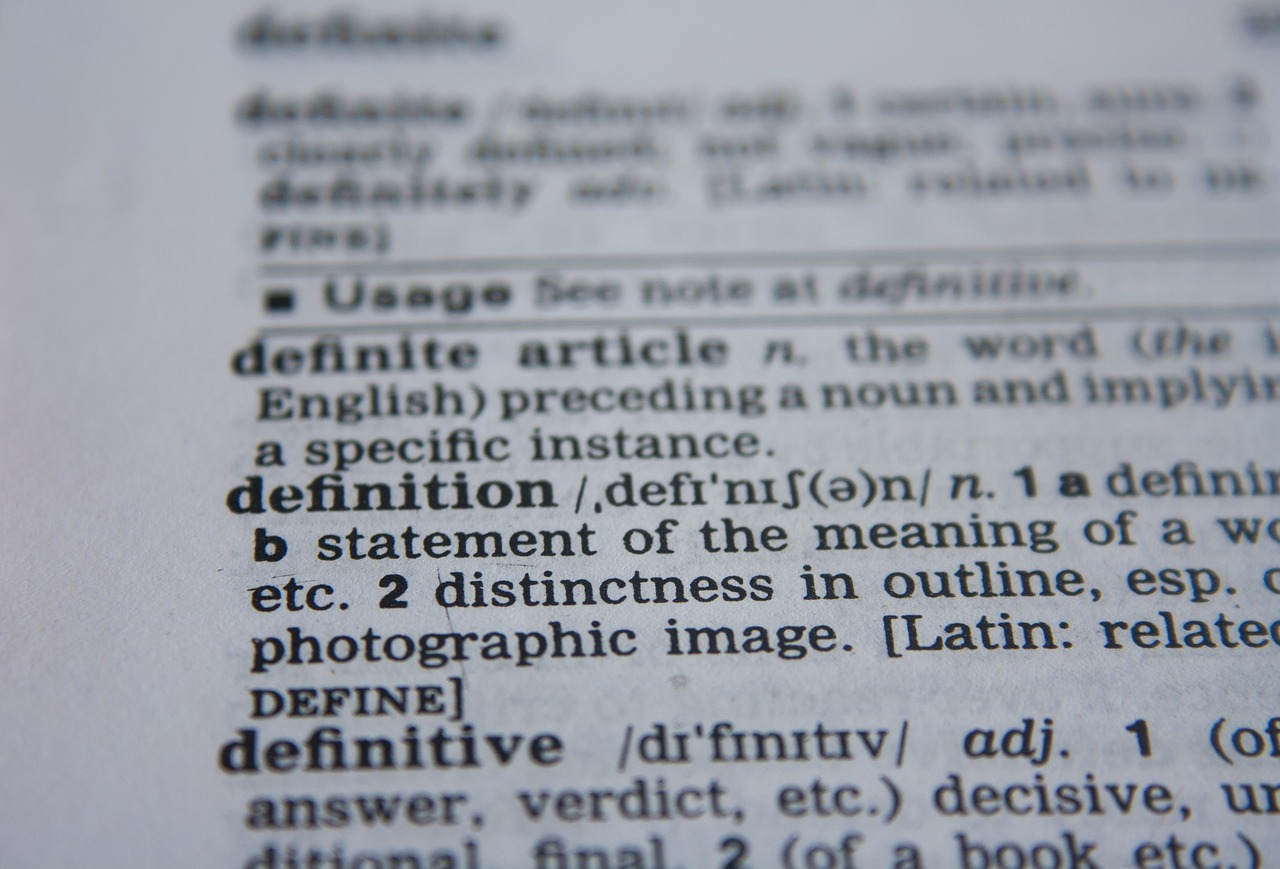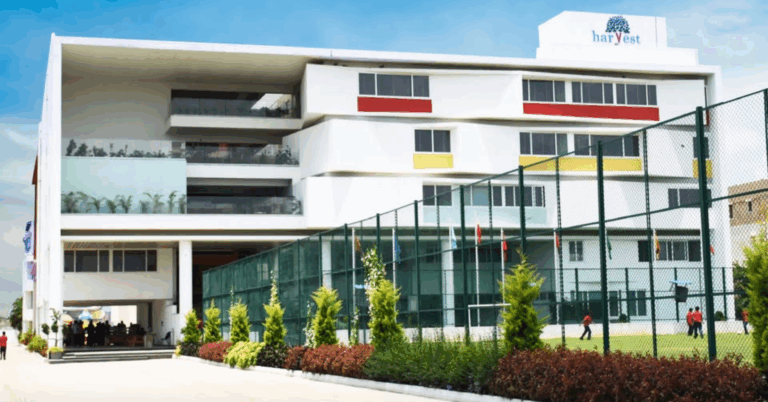The Impact of E-Learning on Promoting Peacebuilding and Conflict Resolution
skyexchange login, world777 login, golds bet login: In today’s interconnected world, conflicts and tensions can arise at any moment. From political disagreements to cultural misunderstandings, it’s essential to have tools and resources that help promote peacebuilding and conflict resolution. One such tool that has been gaining traction in recent years is e-learning.
E-learning, or electronic learning, refers to the use of technology to deliver educational content and facilitate learning outside of a traditional classroom setting. This approach has the potential to reach a wider audience, including individuals in conflict zones or remote areas where access to traditional education may be limited.
The Impact of E-Learning on Promoting Peacebuilding and Conflict Resolution
1. Accessibility: One of the most significant advantages of e-learning is its accessibility. By offering online courses and resources, individuals from different backgrounds and locations can access educational content related to peacebuilding and conflict resolution. This accessibility helps bridge gaps in knowledge and understanding, fostering a more inclusive dialogue among diverse groups.
2. Flexibility: E-learning provides flexibility in terms of when and where learning can take place. This flexibility is particularly beneficial in conflict-prone areas where traditional education may be disrupted or inaccessible. Individuals can engage in e-learning courses at their own pace, allowing for a more personalized learning experience.
3. Collaborative Learning: E-learning platforms often incorporate collaborative tools that enable users to interact and engage with one another. This collaborative learning environment can facilitate dialogue, perspective-sharing, and the exchange of ideas among individuals from different backgrounds. By promoting collaboration, e-learning contributes to building bridges and fostering understanding between conflicting groups.
4. Skill Development: E-learning programs focused on peacebuilding and conflict resolution often include modules that help individuals develop essential skills, such as communication, negotiation, and mediation. These skills are crucial for resolving conflicts peacefully and promoting sustainable peace in communities affected by violence and unrest.
5. Empowerment: E-learning empowers individuals to take control of their own learning and personal development. By providing access to resources and information, e-learning equips individuals with the knowledge and skills needed to actively participate in peacebuilding efforts within their communities. This empowerment can have a ripple effect, leading to positive changes at the grassroots level.
6. Global Reach: E-learning has the potential to reach a global audience, transcending geographical boundaries and cultural barriers. This global reach enables diverse groups of individuals to come together virtually, share their experiences, and learn from one another’s perspectives. By fostering connections on a global scale, e-learning contributes to promoting a culture of peace and understanding.
FAQs
Q: How can e-learning support peacebuilding efforts in conflict zones?
A: E-learning can provide individuals in conflict zones with access to educational resources and tools that promote dialogue, collaboration, and skill development, essential for peacebuilding.
Q: What are some examples of e-learning programs focused on conflict resolution?
A: Organizations such as the United Nations and various non-governmental organizations offer e-learning programs on conflict resolution, peacebuilding, and related topics.
Q: How can individuals contribute to peacebuilding through e-learning?
A: By engaging in e-learning programs focused on peacebuilding and conflict resolution, individuals can acquire the skills and knowledge needed to actively participate in peacebuilding efforts within their communities.
In conclusion, e-learning has the potential to play a pivotal role in promoting peacebuilding and conflict resolution. By providing accessible, flexible, and collaborative learning opportunities, e-learning empowers individuals to acquire the skills and knowledge needed to contribute to peaceful and sustainable solutions in conflict-affected areas. Embracing e-learning as a tool for promoting peace can lead to positive changes at both the individual and community levels, ultimately contributing to a more peaceful and harmonious world.







